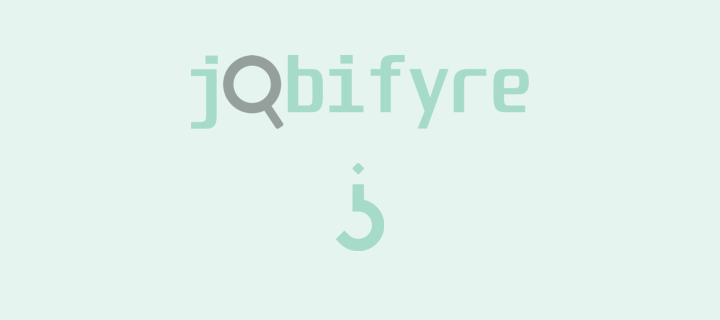Best DevOps Tools for Beginners in 2025: A Practical Guide

Getting started in DevOps can feel overwhelming, but with the right tools, you can learn the core practices of continuous integration, infrastructure-as-code, containerization, and monitoring. This article presents the top beginner-friendly DevOps tools in 2025, explains why they matter, and gives tips to pick and use them effectively.
If you’re new to DevOps, the ecosystem of tools can be confusing. But mastering a few fundamental tools will give you a strong foundation and help you understand key DevOps practices. Here are some of the best DevOps tools for beginners in 2025, plus guidance on how to learn and use them.
-
Git
-
What it is: Git is a distributed version control system that lets you track changes in your code, branch, merge, and collaborate. mihirpopat.medium.com+1
-
Why a beginner should learn it: It’s the backbone of most DevOps pipelines every other tool you’ll use often integrates with Git. mihirpopat.medium.com
-
How to start: Learn basic commands like
clone,commit,branch,merge. Use GitHub or GitLab to host your repositories.
-
-
Jenkins
-
What it is: An open-source automation server for building, testing, and deploying code (CI/CD). devopstraininginstitute.com
-
Why a beginner should learn it: It has a large plugin ecosystem, strong community support, and lets you define pipelines as code. devopstraininginstitute.com+1
-
How to start: Install Jenkins locally or use a cloud instance, and create a simple pipeline that builds a sample app each time you push code.
-
-
Docker
-
What it is: A platform for building, shipping, and running applications in containers. devopstraininginstitute.com
-
Why a beginner should learn it: Containers let you create consistent development environments, isolate dependencies, and simplify deployment. Medium
-
How to start: Learn how to write a
Dockerfile, run containers, and use Docker Compose for multi-container apps.
-
-
Kubernetes
-
What it is: An orchestration system for managing containerized applications at scale. Medium+1
-
Why a beginner should learn it: It’s the industry-standard for container orchestration and helps you understand how real production systems work. nichethyself.com
-
How to start: Use a managed Kubernetes service (like GKE, EKS, AKS) or a local tool like Minikube to experiment with pods, services, and deployments.
-
-
Terraform
-
What it is: A tool for infrastructure as code (IaC) that lets you define cloud resources using declarative configuration. devopstraininginstitute.com
-
Why a beginner should learn it: You can automate provisioning for AWS, Azure, GCP, and more making your infrastructure reproducible. jeeviacademy.com
-
How to start: Write simple Terraform configurations to spin up a VM, a database, or a network in your cloud account.
-
-
Ansible
-
What it is: A configuration management and automation tool that uses YAML playbooks and requires no agents. Wikipédia
-
Why a beginner should learn it: It’s simple, readable, and powerful great for automating server setup, deployments, and repetitive tasks. Medium
-
How to start: Create a basic Ansible playbook to install a web server or configure an application on a test machine.
-
-
Prometheus + Grafana
-
What they are: Prometheus is a monitoring and alerting tool; Grafana is a visualization tool for time-series data. Shravas Technologies Pvt Ltd
-
Why a beginner should learn them: Monitoring is a core part of DevOps these tools help you visualize system health and set up alerts. mihirpopat.medium.com
-
How to start: Run Prometheus to scrape metrics from a simple app, then build a Grafana dashboard to visualize CPU, memory, or custom metrics.
-
-
SonarQube
-
What it is: A static code analysis tool that helps identify bugs, code smells, and security issues. Wikipédia
-
Why a beginner should learn it: Integrating code quality checks into your DevOps pipeline ensures better maintainability and fewer issues later.
-
How to start: Set up SonarQube locally or on a server, and analyze a small project to see issues and fix them.
-
Tips for Beginners Learning DevOps:
-
Focus on one tool at a time: Start with Git → Docker → Jenkins → Terraform → Kubernetes → Monitoring.
-
Practice with real projects: Set up a simple web app, containerize it, deploy it, and monitor it.
-
Use free tiers of cloud providers (AWS, GCP, Azure) to practice IaC and real deployments.
-
Read official documentation and follow tutorials: Many of these tools have beginner-friendly guides.
-
Join DevOps communities (Reddit, Discord, Stack Overflow) to ask questions, share your progress, and learn best practices.
By starting with these tools, you’ll cover the key pillars of DevOps version control, automation, containerization, infrastructure, and monitoring and build a solid foundation for more advanced practices later on.
